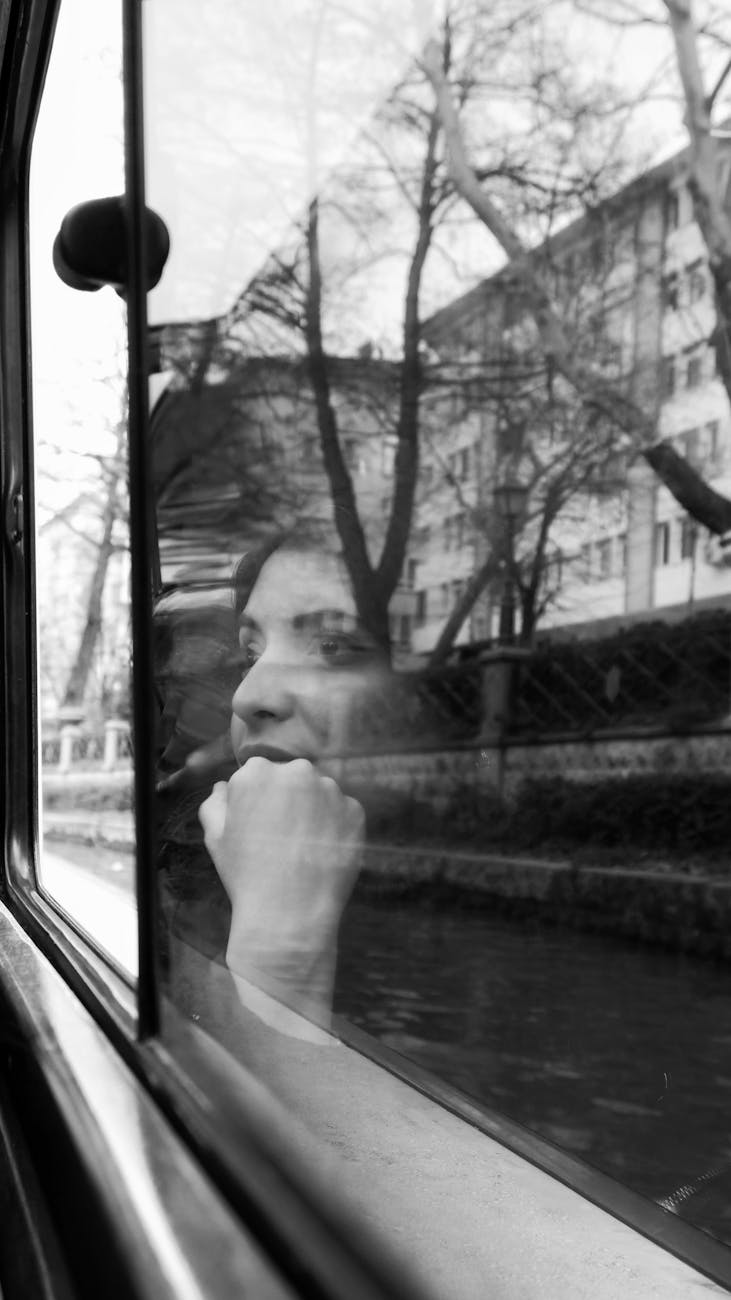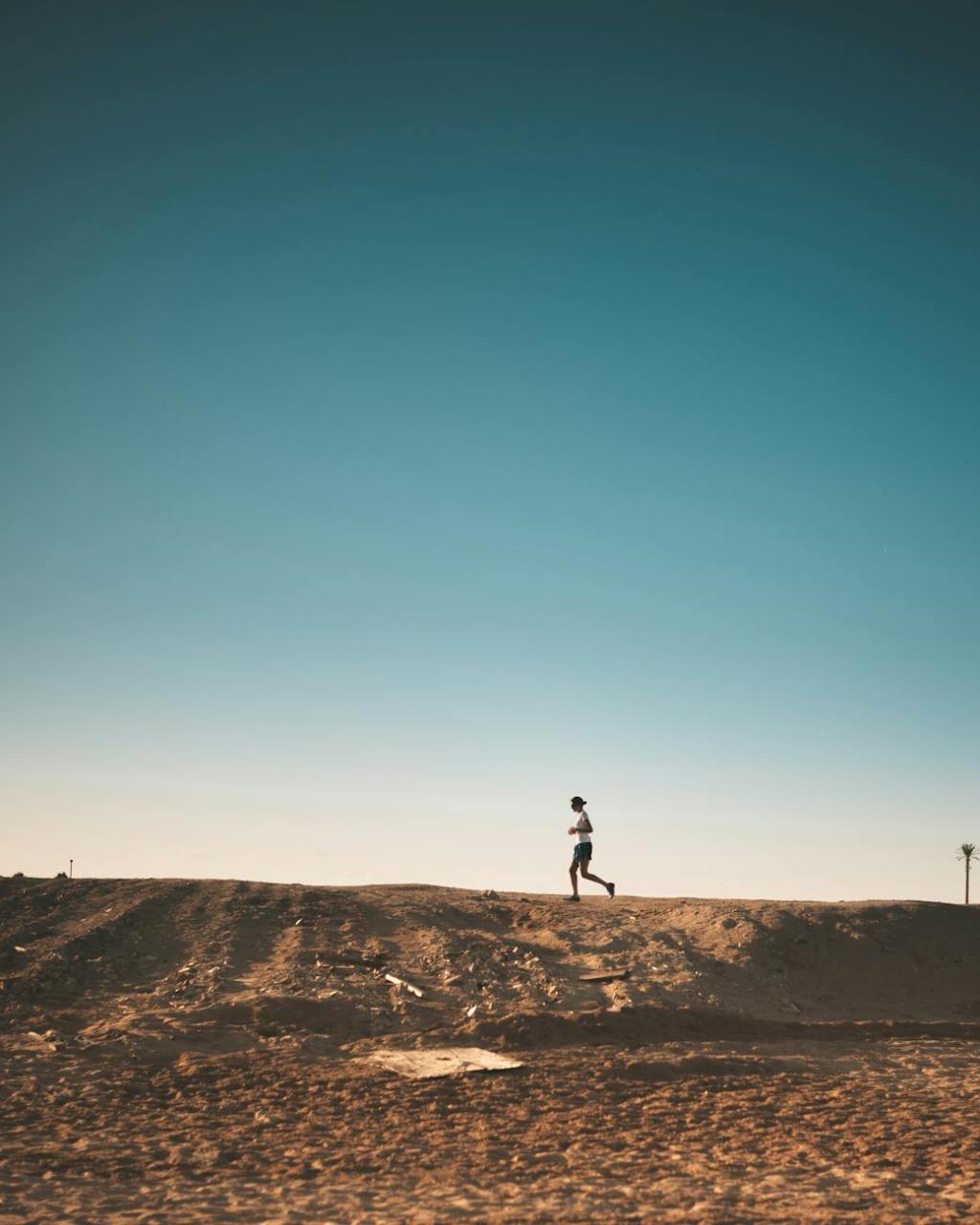Some faces are impossible to forget. Squinting eyes, furrowed brows—these details sear our memories and attach themselves to moments in our lives. Like scar tissue, they heal lumpy and imperfect and remind us of times when the world was beautiful, or when it all came crashing down.
I remember his face hovering above me as I lay in my hospital bed. The sheets clung to my lower back, soaked from the fresh sweat on my torso. A cold compress was placed against my forehead and I closed my eyes. Drops of cool water spilled from the cloth’s edges and ran down the sides of my head. I was burning up like liquid in a hot pan. I imagined the droplets sizzling against my skin as the beads ran along my cheeks. The unknown virus I’d picked up in Vietnam pummeled my immune system and the battle was cracking my internal thermostat.
My eyes shot open as he started moving. Is he leaving? Don’t go, not yet. The last 8 days had been absolute hell. The night brought pain that landed like a sledgehammer against my lower back. The virus attacked my kidneys and sent me sliding into renal failure. My temperature bounced from 99°F to 104.5°F, with the highest spikes inducing low-level delirium. Don’t go. Please. I felt greedy for wanting him to stay, knowing the elderly on the unit needed his attention more than I did. I was sick and withering, but they were withering and sick. His eyes promised respite from my pain, but as they lay dying, he represented a final lifeline.
I followed him with my eyes like a child watching his father. He was thin and fit and hailed from my former world, a place where people rode bikes, visited friends and shopped at the grocery store. With ease, he fluffed pillows and checked the IV drip. He untucked and retucked the tangled sheets around my feet. I, on the other hand, could barely lift an arm. The night seemed to strip every muscle from my bones, leaving only a puddle of meat that once passed for a man. The hours felt like days. 10:00 p.m. to 6:00 a.m. became a tug of war for sanity, with consciousness slipping through my hands like a fine nylon rope.
He walked back to the head of the bed and pressed his palm against the cloth on my brow. The pressure calmed me like a weighted blanket. Am I conscious? Am I dreaming? He spoke in soft tones and introduced himself as the night nurse on rounds. A paper mask bent his ears forward and hid a thin smile. My chart explained that for the last week, every sip or nibble I’d attempted ended in oral expulsion. My weight was plummeting, along with the strength of my immune system.
“I’m going to look after you for the next two nights, John. Can we try a little water?”
“Sure,” I muttered, transfixed by his gaze.
He raised the Dixie cup to my lips and the cool liquid drenched my tongue. I tried swallowing, but my body rejected it, and I spewed the fluid onto my chest.
“I’m sorry,” I gasped, my head falling back against the pillow.
“It’s okay, John. We’ll try again tomorrow. Get some rest.”
I woke in the morning thinking I’d been visited by an apparition. Was he real? The night brought such fever-induced pain that my grasp on reality felt tenuous. As the IV dumped liquid into my veins, I collected my faculties.
“Did someone on staff visit me last night?” I asked a nurse on rounds.
“Yes, the night nurse, around 2:00 am,” she said. “You were running quite the fever.”
The attending physician soon arrived and brought a few doctors with him. He introduced me to the men and got down to business.
“Tell me once more what you ate in Vietnam,” he said.
“A beating cobra heart. And a raw cobra kidney. I swallowed a bunch of the snake’s blood, too.”
“Right… Okay… Anything else?”
“I fell out of a kayak into the Mekong River. I was in Laos when it happened. I swallowed a bunch of water,” I said.
It’s true. I was just outside of Saigon when I swallowed the beating cobra heart. A local friend took us to an unremarkable roadside restaurant, where we piled out of the car and through the front door. I scanned the diners, looking for another traveler. Not one. Then, a man walked to the center of the dining room with a burlap sack in hand. Everyone inched backwards, giving him space to stand. He was vascular and stone-faced and held my gaze without breaking. I stepped forward and stood where the hostess instructed. The sack whipped from side to side. Then he untied the bag and reached inside while I watched his arm fish around as if he were trying to catch a moth. Suddenly, the muscles above his elbow tensed as he extracted the cobra by its long black tail. “2.2 kilos,” the hostess said. My eyes widened and my mouth felt dry. We stood watching as the snake unfurled its corkscrewed body before it faced us and reared its head.
He used a broomstick with a 4×4-inch tamper on the end to press the snake’s head to the ground. Then he reached down and pinched the creature behind its hood with a firm grip. As he lifted the snake, he placed the broomstick near its mouth, goading the snake to strike the wood. With a quick tug, he ripped its fangs off against the broomstick. My mind spun with confusion. What was happening? He slid his hand up the body of the snake, found the heart and used scissors to cut it from the skin. He dropped the beating heart into a shot glass filled with vodka, squeezed blood from the snake into the glass and handed it to me. As the heart pumped, I watched ripples in the liquid spiral outward, like I’d dropped a pebble in a pond. I raised the glass to my lips and swallowed. Then, he cut the kidney from the body, dropped it in a shot glass, added the blood and handed me the glass. I raised it to my lips once more and swallowed.
Despite their professional judgment, the doctors took joy in hearing this story. As specialist after specialist came in to examine me, the attending doctor requested I retell the story, while he smiled and scanned the faces of his colleagues for reactions. When I felt strong enough to sit up, I took joy in sharing the story too. Was it the cause of my illness? Maybe. But I was here now, and for a moment, all felt normal. I was just another traveler, playing the role of a raconteur, yanking doctors from their worldview and plopping them into mine. I belonged on the road; I wanted thrills, and sharing my exploits distracted me from the reality of my hospital bed. My words told the story of a young man desperate for clarity and searching the world by touch. Travel promised me that I’d never be bored; it told me that my life, however it turned out, would never be wasted.
Dread consumed me as the evening slipped into the night. My days were a volley of recovery and relapse, lucidity and haze. The night, though, brought pure agony. I’d sweat; I’d pant; I’d roll around endlessly. I’d curl up like a fetus to reduce the pain in my kidneys. The medicine would wear off and I’d plunge into a fever. I’d wage a war in my mind against my own weakness, hoping to somehow throttle the pain. Inevitably, my mind always failed.
That night, I woke to his eyes above me and another compress placed gently upon my brow.
“John, I brought a little something for you to try. When my daughter is sick, I give her a little of this,” he said.
“What is it?”
“Crystal Light. I know you tried the hospital’s electrolytes, but maybe we just try a little.”
“Crystal wha…?”
“I know it’s odd, but let’s try a small sip.”
It had now been 9 days of zero ingestion. No food, no drink. And when I vomited, it cost me. My stomach muscles cramped and compounded the pain. I was desperate for this to end. His eyes offered hope. “Okay,” I said.
Grabbing a Dixie cup, he added a thimble’s worth of powder and filled it with water. He stirred the mixture and brought it to my lips. “Slowly,” he whispered. I sipped the liquid and held the saccharine flavor in my mouth. Aspartame, malic acid, maltodextrin, and sugar. I swallowed and waited for the rejection. And waited. And waited. Then I looked toward his face as tears flooded my eyes. “It’s okay,” he said. ”You’re holding it down. Just a little more. Not too much.” I sipped and swallowed, overjoyed by an infant’s progress. “There we go, John. We’re on our way. You’re turning the corner.”
Turning the corner. In sickness, the night preys on the hopeless. It takes advantage of the psychological weak points brought about by the burden of suffering. Hope is its own medicine—if only for a brief while—and his eyes gave me hope. 15 years later, I still see them clearly, looking into my anguish and telling me not to worry.
The virus was never officially diagnosed and when my kidneys crawled back from the brink, I left the hospital without answers. Slowly, I regained my strength. The experience set me on a committed course of health that I maintain to this day. And while I don’t know his name and never saw him after that last visit, I carry an image of his eyes in my mind like an old photo in my wallet. From time to time, I dust off the memory and stare deep into the remaining colors. There’s hope in that memory. A hope that feels impossible to forget.





Leave a comment